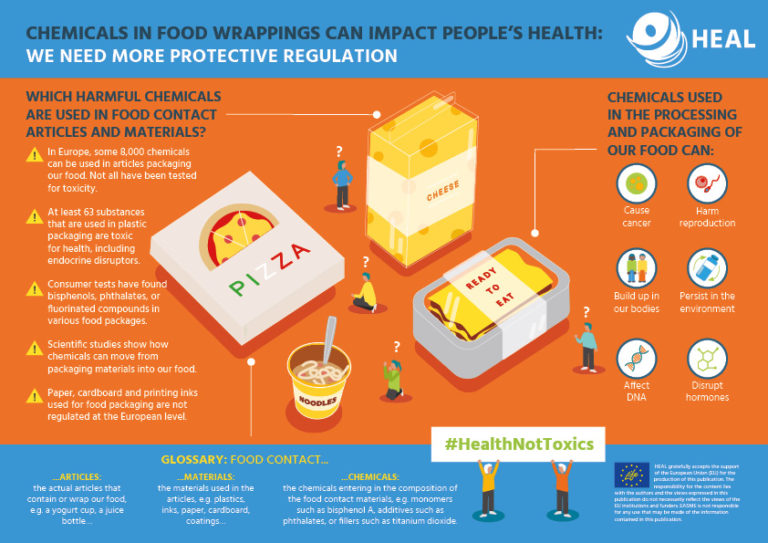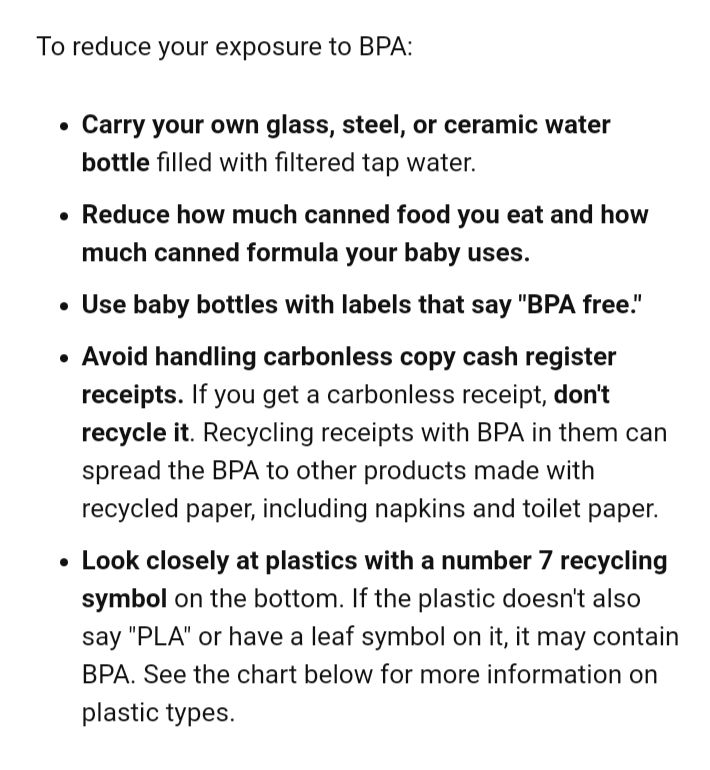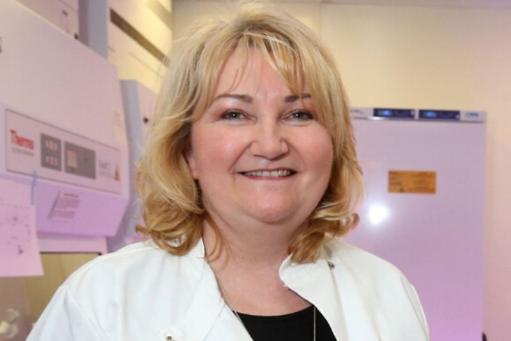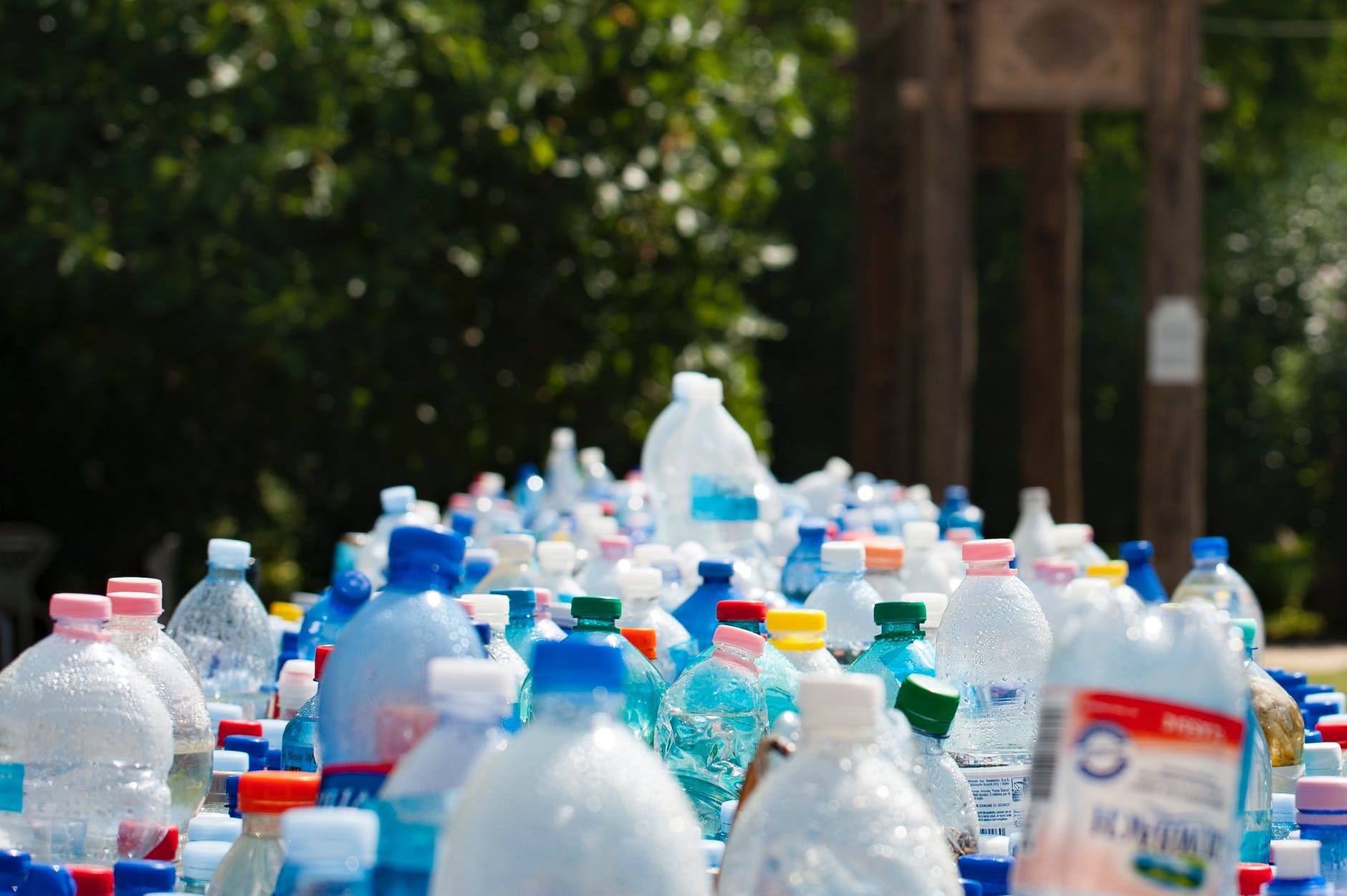BPA Chemicals in plastic food packaging hazardous for health
Research on endocrine disruptors in products we use daily has been available for quite some time, the EU Court ruled chemicals hazardous for health.
In 2019 The General Court of the EU confirmed that bisphenol A (BPA), a chemical used in plastics, is a ‘substance of very high concern’ for its hormonal disrupting properties on the human body.
But the UK’s Food Standards Agency (FSA) is allowing BPA to be used at certain levels by British consumers.

The substance is used in the manufacture of consumer products include food containers, plastic bottles, and receipts, as hazardous for the endocrine system. BPA is already banned in the EU for some products, such as baby bottles, due to concerns hormonal effects on the the developing body.
Bisphenol A is an endocrine disrupting chemical (EDC), and therefore of high concern. Breast cancer prevention org also shares this data.
They can affect sperm quality and fertility but also lead to early puberty, cancer, heart disease or obesity. A study has shown that traces of EDCs, such as bisphenols and phthalates, can be found in all human bodies.

Using glass or steel containers and buying organic produce will help you avoid ingesting trace amounts of pesticides and the inert ingredients.
BPA has been linked to a slew of health problems, including insulin resistance and type 2 diabetes (1), cardiovascular disease (2), asthma (3), cancer (4), liver damage (5), and ADHD (6).
Dr Apolline Roger, ClientEarth chemical lawyer said:
“There is no doubt that the lobby group PlasticsEurope tried to make it impossible for endocrine disruptors to be listed as ‘substances of very high concern’.
The Industry are obliged to share information with the supply chain and consumers about the chemical’s hazardous effects and how to minimise them. This chemical which raises more and more concern the more research is carried out.”
The group is also concerned with impact on the environment.
Bisphenol S is starting to be used as a replacement, despite this now seems just as harmful.

Institute for Global Food Security
“Some recent research found that some of these replacement chemicals are actually more hormonally active in the lab than BPA.” says Lisa Connolly, professor in toxin food safety, Queen’s University Belfast
Parents’ BPA exposure thus has the potential to cause health problems in their children, and possibly even their grandchildren (15, 16).
Exposure to phthalates (another plastic chemical) is also associated with DNA damage in human sperm and lowered testosterone, which may contribute to infertility (11, 12). Recent research also demonstrates that phthalates impair cognitive development and promote allergic disorders in children (13, 14).
Prof Kortenkamp (who featured on BBC’s Trust Me I’m a Doctor) believes that regulations need to do more to protect those who are most sensitive to these chemicals. He thinks that regulators should be looking again at the way these chemicals are tested, particularly when it comes to the impact of the so-called “Cocktail Effect”. While traditional toxicology determines the tolerable daily intake for individual chemicals, these will not always take into account the fact that we are exposed to multiple chemicals that could combine to have a negative effect.










